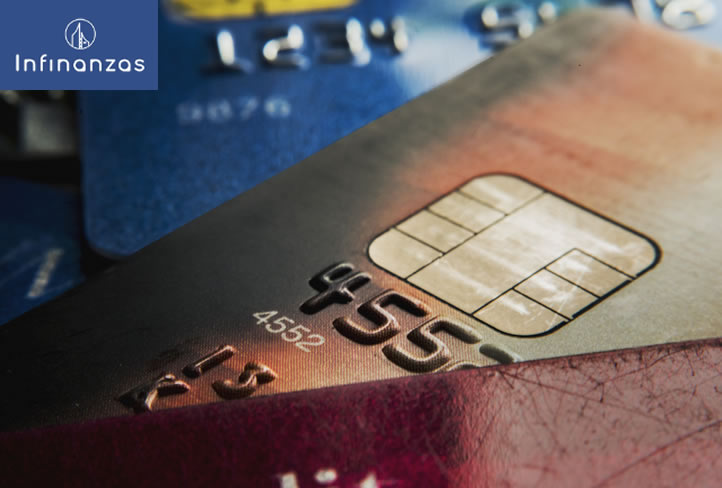The consequences of not paying a credit card can vary by card issuer. But in general, if you don’t pay your credit card bills, your credit score will take a hit, you’ll have to pay things like late fees and higher penalty interest rates, and your account could be closed.
However, responsible parties do not usually seize your assets; these situations occur more often when assets are put up as collateral for a loan. Yes, they may attempt to seize your assets, but this is a difficult and unlikely process.
The longer it takes to pay a bill, the less efficient it will be. That’s why it’s important to keep track of credit card payments. But, of course, emergencies and unforeseen crises can leave you without enough cash to cover the minimum payments on your credit card. If this happens, it’s very important to know the impact so you can minimize it.
In the short term, if you are struggling, prioritize essential payments over debt. For example, focus on paying your rent or mortgage, food and utility bills, and anything else you need to keep a job, such as transportation, cell phone bills, and childcare.
Credit card payments are important, but in times of crisis they need to be prioritized. Over time, your credit score can recover. Possible consequences of not paying off credit cards.
Read also: Why has my credit score gone down?
Lower credit score
Payment history is an important factor in your credit score. Therefore, a late or missed payment can hurt those scores, and the impact will only increase the later you pay.
If it lowers your score enough, it will hinder your ability to qualify for competitive rates on a mortgage, car loan and new credit cards in the future.
Generally, however, late payments will not appear on your credit report for at least 30 days after the late payment is made. (The information from your credit report is used to calculate your credit score.) ) If you pay before that date, you may incur a penalty (see details below), but your credit will not be affected.
Please note that even if you make a partial payment, you will be informed of your late payment if you do not meet the minimum payment requirements. Some lenders and creditors do not report late payments until 60 days after they are due.
Late fees and a higher interest rate.
Depending on your terms, you may have to pay a late fee when you miss a credit card payment. The first late fee may start at $29 and go up to $40 for subsequent defaults within six billing cycles.
You may also be charged an annual percentage rate penalty, or POR, which means a higher interest rate (sometimes close to 30%) for a period of time after you miss a payment for at least 60 days. Terms vary by issuer. Some issuers do not charge late fees or a penalty APR.
An accumulated account
If 180 days have passed without making the minimum payment on your credit card, your card issuer may cancel your account. This means the creditor closes your account for future purchases and writes off your debt as a loss. However, you are still responsible for paying the amount owed.
If your issuer sells your debt to a third-party debt collection company during this time, you will have to pay that company in the future. Once your debt falls into these new hands, your credit score can plummet.
Typically, collection credit card accounts remain on your credit report for seven years after they are charged off. Debt collectors may attempt to collect money using a variety of tactics.
It is important to know your rights when debt collectors start calling. Dealing with them can be stressful, but you can control the level of communication and are protected from abuse and harassment by law.
A lawsuit
If you don’t pay your credit card bill on time, you could end up getting a lawsuit and a judgment.
A judgment is a decision in a lawsuit that favors the creditor. For example, it may allow the creditor to touch your wages or bank account, seize your property or take some of your belongings.
And if you don’t attend the hearing, a judge can enter a default judgment that can also lead to this type of result.
Your options depend on the laws of your country and your financial situation. If you have a court date, you may consider consulting with an attorney through your local legal aid program or a private law firm with experience in bankruptcy and debt collection.
If you expect to have trouble paying your credit card bill. Here are some ways to soften the blow
Stop using your credit card. Avoid adding debt to your card if you can avoid it. Otherwise, the minimum required payments may increase, putting you even further out of reach.
Call the issuer. Contact your card issuer to explain your situation. Issuers may be willing to help, especially if you are having financial difficulties. Some credit card issuers offer hardship programs that waive fees and reduce interest rates for a short period of time.
Consider debt repayment strategies. Depending on your circumstances, consider debt exit strategies that offer ways to consolidate your balance.
In general, the best decision is to meet the requirements of your cards and, if you can’t, seek professional advice before moving forward with the process.




